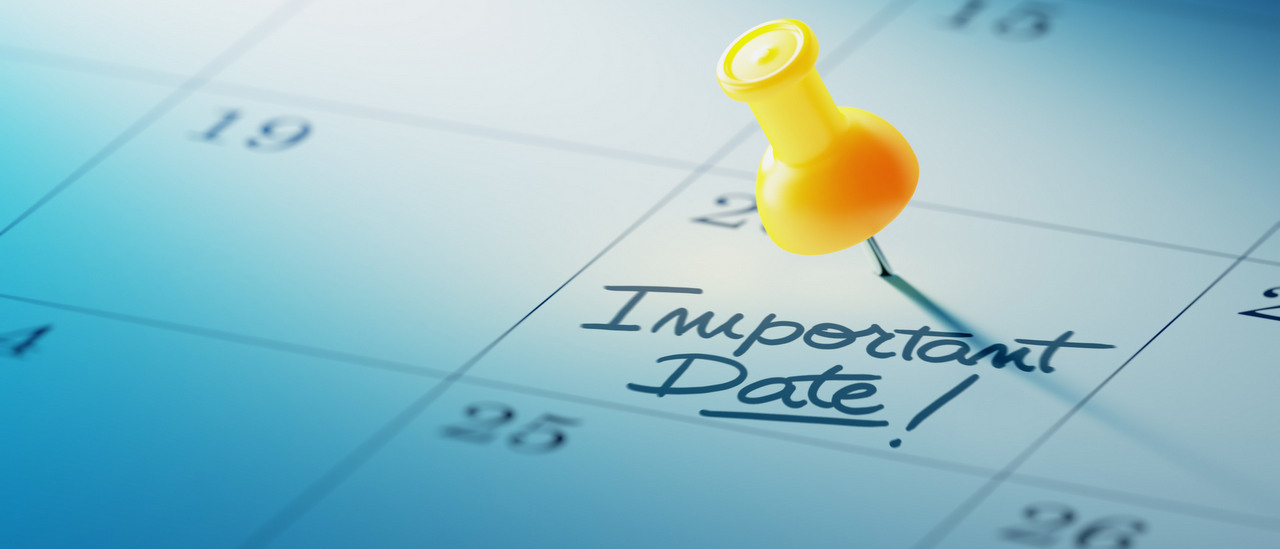Prevention IS better than cure, but the next best thing for health and longevity is early detection! Diagnosing a health problem early can mean successful treatment and a good outcome. Here is a list of the basic health screens and tests you should have – also, when to get them and why.
Pap smear. This is the best way to detect cervical cancer. You should have your first from the age of becoming sexually active for the first time and then every year, or at intervals as advised by the doctor. If over age 30, ask your doctor to test for HPV.
Mole screening. To detect skin cancer as early as possible. Start having an annual skin check after age 30, and earlier if you’ve had a lot of sun exposure.
Sexually transmitted diseases. If you are trying to fall pregnant, have a new partner, are engaging in unprotected sex, or experiencing irregular bleeding, unusual vaginal discharge, or pain during intercourse. Get tested every 3 – 6 months if you have a new sexual partner.
Clinical breast exam and mammogram. To detect breast cancer. From age 20, the doctor should physically examine your breasts at your regular check-up. By age 40, you should have a mammogram (an X-ray of the breasts) once a year.
Lipid profile. Getting your cholesterol levels checked is one of the most effective ways to track your heart-disease risk. Start at age 20 and get checked at least every 5 years until you reach age 45 – after that, get an annual screening.
Heart-health test. If you have a family history of hypertension or premature heart disease, if you’re 45 or older, if you’re overweight, or if you’re a smoker – have an annual check-up, including an effort ECG, with your doctor.
Comprehensive eye exam. To detect any eye health problems, from vision changes to cataracts and glaucoma. Even if your vision is good, you need a basic eye exam by age 40, and then every two years until 65.
Thyroid and diabetes. Request a thyroid function and fasting glucose blood test at your annual check-up, also a urine test – to check for the presence of blood, protein, glucose or an infection.
Colonoscopy. This is to detect colorectal cancer before symptoms occur, it is suggested that you have your first colonoscopy at age 50. Especially if a parent or sibling was diagnosed with colorectal cancer or polyps before 50, you are at higher risk.
Osteoporosis. Have your first Bone Density Scan at age 45-50, and then every 5 years thereafter. Get tested if you are underweight, have taken cortisone for medical reasons, have ever smoked, have a history of non-traumatic fractures as an adult, or have a family history of osteoporosis.
Print this out, put it into your calendar and share it with friends – screening and early detection saves lives!
Joanne Hart for HelloDoctor.com 2015
Sources:
http://www.nhs.uk/conditions/nhs-health-check/pages/what-is-an-nhs-health-check.aspx
http://www.healthywomen.org/content/article/preventive-health-screenings-women

